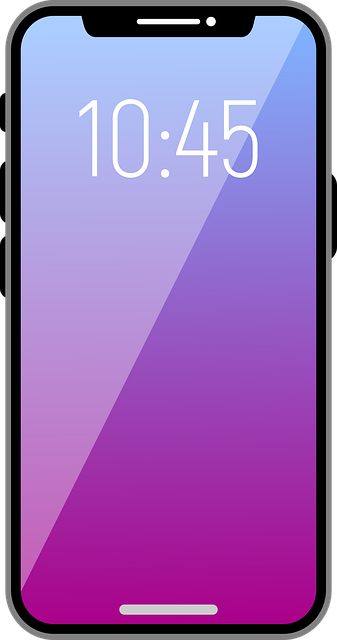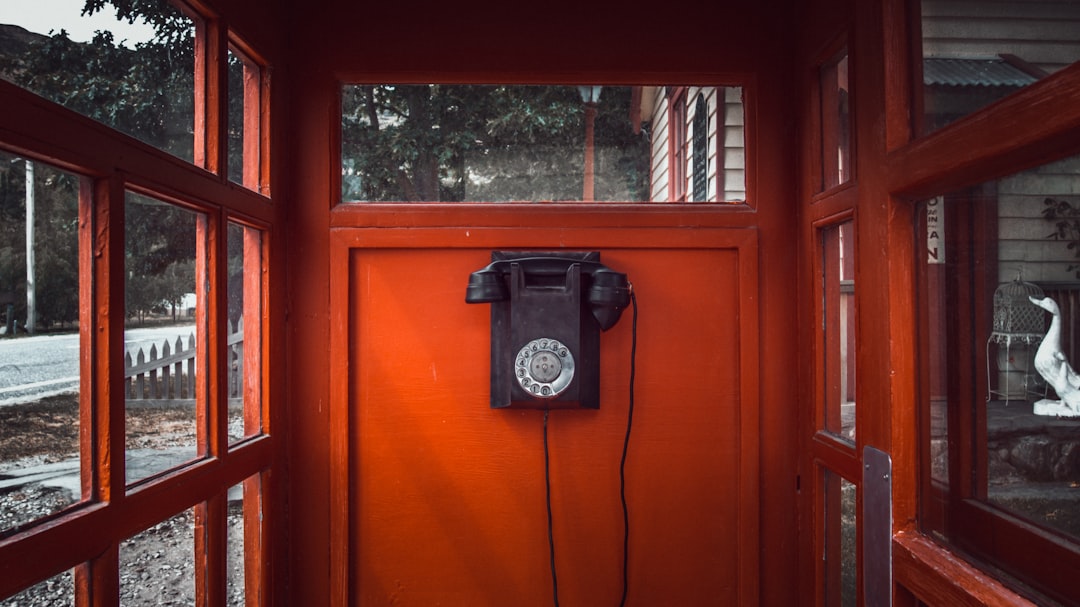Spam calls are a prevalent issue in West Virginia, but consumers have legal protections through the Telephone Consumer Protection Act (TCPA) and state regulations. To combat spam, individuals can consult specialized Spam Call law firms or lawyers for guidance on their rights. Cross-referencing call logs with known spam databases, using blocking apps, and registering on the National Do Not Call Registry are effective strategies. Engaging Spam Call Lawyers specializing in TCPA can stop harassment, reduce calls, and potentially lead to compensation. Community education about spam calls, the TCPA, and available remedies further strengthens defenses against unwanted calls.
In West Virginia, spam calls remain a persistent nuisance. Understanding and combating these unwanted communications require a multi-pronged approach. This article explores effective strategies to stop spam calls in West Virginia, delving into the legal framework of the TCPA Act and state-specific regulations. We discuss tracking down call sources, leveraging legal action through Spam Call lawyers WV, implementing community education programs, and providing practical tips for prevention. By combining these tactics, residents can reclaim their peace of mind and reduce spam calls in WV.
Understanding Spam Calls: The TCPA Act and West Virginia Laws
Spam calls are a prevalent and often annoying issue across the United States, including West Virginia. Understanding the legal framework behind these calls is crucial to combating them effectively. The Telephone Consumer Protection Act (TCPA) is a federal law designed to protect consumers from unwanted phone marketing practices, including spam calls. In West Virginia, additional state laws further strengthen consumer rights and regulate telemarketing activities.
A Spam Call law firm or lawyer specializing in TCPA cases can provide valuable assistance to individuals dealing with excessive spam calls. These legal experts are well-versed in navigating the complexities of the TCPA and similar state laws in West Virginia, helping consumers understand their rights and take appropriate action to stop spam calls. By familiarizing yourself with these laws and consulting a qualified lawyer, you can better protect yourself and contribute to creating a more spam-call-free environment in West Virginia.
Identifying and Tracking Down Spam Call Sources
Identifying and tracking down the sources of spam calls is a crucial step in combating this nuisance. Fortunately, with advanced technology and legal frameworks in place, West Virginia residents have options to fight back. Start by cross-referencing call logs with known spam call databases to pinpoint suspicious numbers. Many reliable resources and apps are available that catalog common spammer phone numbers, making it easier to filter out unwanted calls.
If a pattern emerges, the next step is to contact a law firm specializing in TCPA (Telecommunications Consumer Protection Act) litigation. These lawyers have the expertise and resources to trace the origin of spam calls, often working with telecom carriers and government agencies to hold spammers accountable under West Virginia’s strict anti-spam laws. Engaging such a firm can help stop the influx of spam calls and potentially lead to financial compensation for victims.
Effective Strategies to Stop Receiving Spam Calls
Stopping spam calls can be a challenging task, but there are several effective strategies to implement in West Virginia. One crucial step is to register your number on the National Do Not Call Registry. This federal list restricts telemarketers from calling registered numbers for marketing purposes. Additionally, consider utilizing call-blocking apps and software designed to identify and block spam calls. Many such tools learn to recognize patterns and automatically filter out unwanted callers.
Another powerful method is to educate yourself about local laws and regulations, specifically the Telephone Consumer Protection Act (TCPA). A Spam Call law firm in West Virginia can provide guidance on how to file a complaint against persistent spammers. Engaging the services of a specialized lawyer for TCPA cases in West Virginia ensures you have legal recourse against violators. By combining these strategies, individuals and businesses alike can significantly reduce the volume of spam calls they receive.
Legal Action: Engaging a Spam Call Lawyer in West Virginia
In addition to reporting spam calls to regulatory bodies, another powerful step individuals in West Virginia can take is to engage a Spam Call Lawyer. If you’re tired of relentless and illegal spam calls, consulting with an attorney specializing in Telephone Consumer Protection Act (TCPA) law can be highly effective. These legal experts have the knowledge and resources to help you understand your rights and take action against violators.
A Spam Call Law Firm in West Virginia can assist you in filing lawsuits or negotiating settlements if you’ve been targeted by spam call ringleaders. By holding these entities accountable, you not only stop the harassment but also contribute to deterring future violations. This collective action can significantly reduce the volume of spam calls experienced by residents across the state.
Educating Your Community: Prevention and Awareness Programs
Educating your community about spam calls is a proactive step to combat this growing issue in West Virginia. Start by spreading awareness about the legal framework surrounding spam calls, such as the Telephone Consumer Protection Act (TCPA). Many people are unaware of their rights and the consequences for violators, making education a powerful tool. Organize workshops, host community meetings, or collaborate with local schools and organizations to discuss the impact of spam calls, how to identify them, and available legal remedies.
Encourage citizens to share information and experiences with spam calls, fostering a sense of collective awareness. Teach them about blocking numbers, registering on Do Not Call lists, and using privacy settings on their devices. By empowering individuals with knowledge, you create a more informed community capable of collectively pushing back against unwanted spam calls in West Virginia. Remember, a well-informed public is the first line of defense against these relentless pests.






